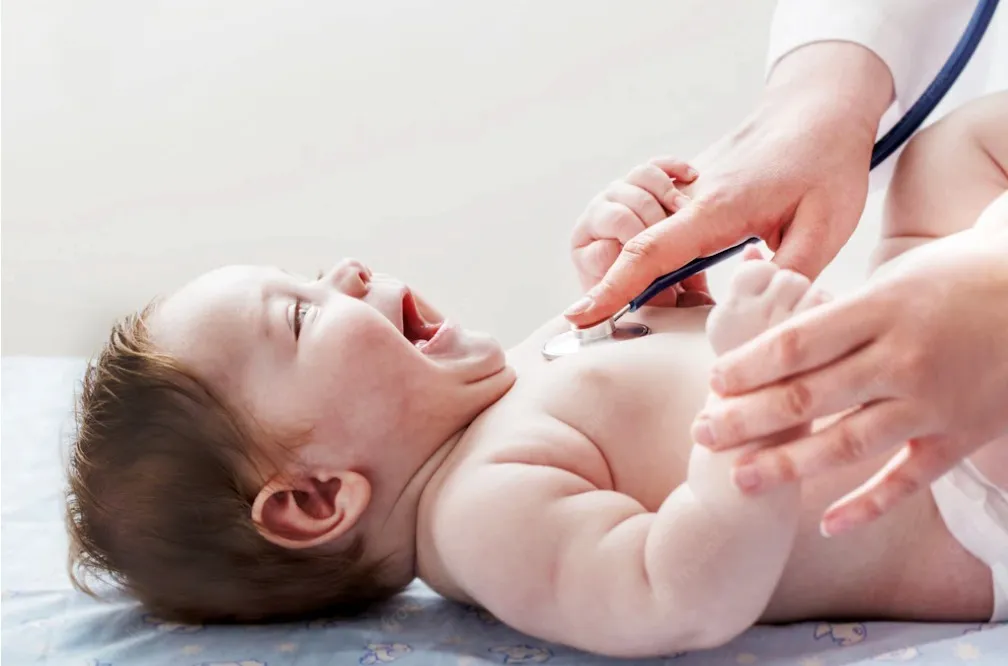pediatrics

Prashanth Hospital features an active and vibrant Pediatric department dedicated to the health care of infants and children.
Our services encompass:
- Thorough newborn care, which includes a level II NICU
- Well Baby clinics
- Immunization services beginning at birth
- Laboratory services
- Both outpatient and inpatient treatment
Our nursing team is skilled in instructing new mothers on the importance of breastfeeding and providing support to ensure positive breastfeeding experiences.
Adolescent Care Services:
Historically, the pediatric age range was considered to be from birth to twelve years. However, adolescents, defined as those aged 10 to 19 years, account for 21% of our country’s population. Their physical and mental well-being is often neglected, resulting in an increase in adolescent-related challenges such as lifestyle diseases, anxiety, depression, suicides, and addictions in recent years. By broadening our pediatric services to encompass adolescents, we have added an adolescent physician to our staff to cater to the physical and mental health needs of teenagers.
The services provided for this demographic include:
- Monitoring growth and development
- Immunization services
- Pre-sports medical assessments
- Counseling on various subjects of interest to young people
- Counseling for parents

Prashanth Hospital consequently meets the health needs of all children, from infancy through adolescence. Children from infancy to adolescence display significant anatomical and physiological differences in comparison to adults. These distinct characteristics must be taken into account when delivering care for infants and children, as these differences are more pronounced in younger children and gradually decrease as they reach adulthood. As a result, pediatric surgery is recognized as a specialized intervention field that involves the diagnosis, treatment, and care of children from infancy to adolescence.
The domain of Pediatric surgery addresses a variety of medical concerns, including:
- Birth defects: Also known as congenital anomalies or irregularities, these are structural or functional abnormalities that develop during fetal growth. Surgical procedures may involve correcting defects impacting the lungs, esophagus, intestinal tract, abdominal wall, and diaphragm.
- Abnormalities: Surgical interventions are utilized to rectify various issues in the groin area, such as hernias, hydroceles, and undescended testes.
- Emergencies: This includes urgent surgical procedures for conditions like appendicitis, bowel obstructions, and other abdominal crises.
- Injuries: Surgical care is offered for numerous injuries including burns, liver tears, knife wounds, and gunshot injuries.
- Cancers: The identification and surgical management of cancers are pivotal, encompassing the removal of tumors situated in the chest, abdomen, skin, testicles, and ovaries.
- Chronic conditions: Surgical methods are employed to manage ongoing medical challenges, including pediatric cancers, gastrointestinal issues, neurological disorders, and urological anomalies.
